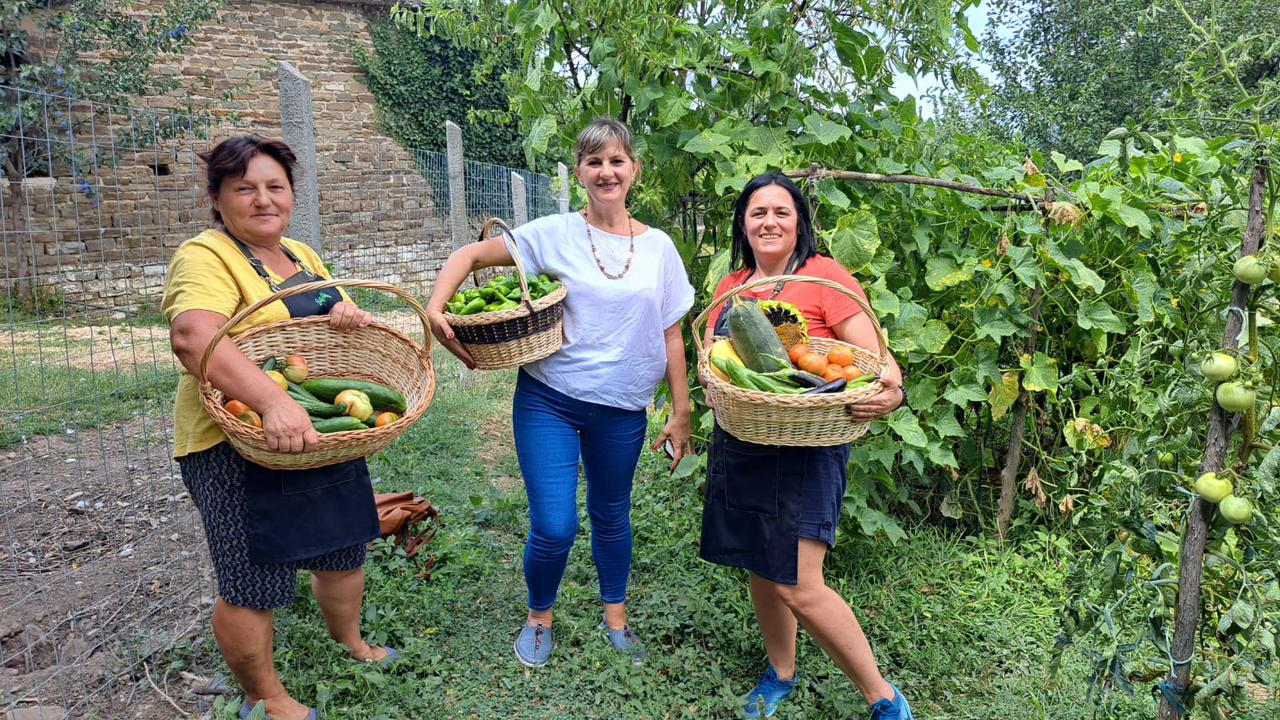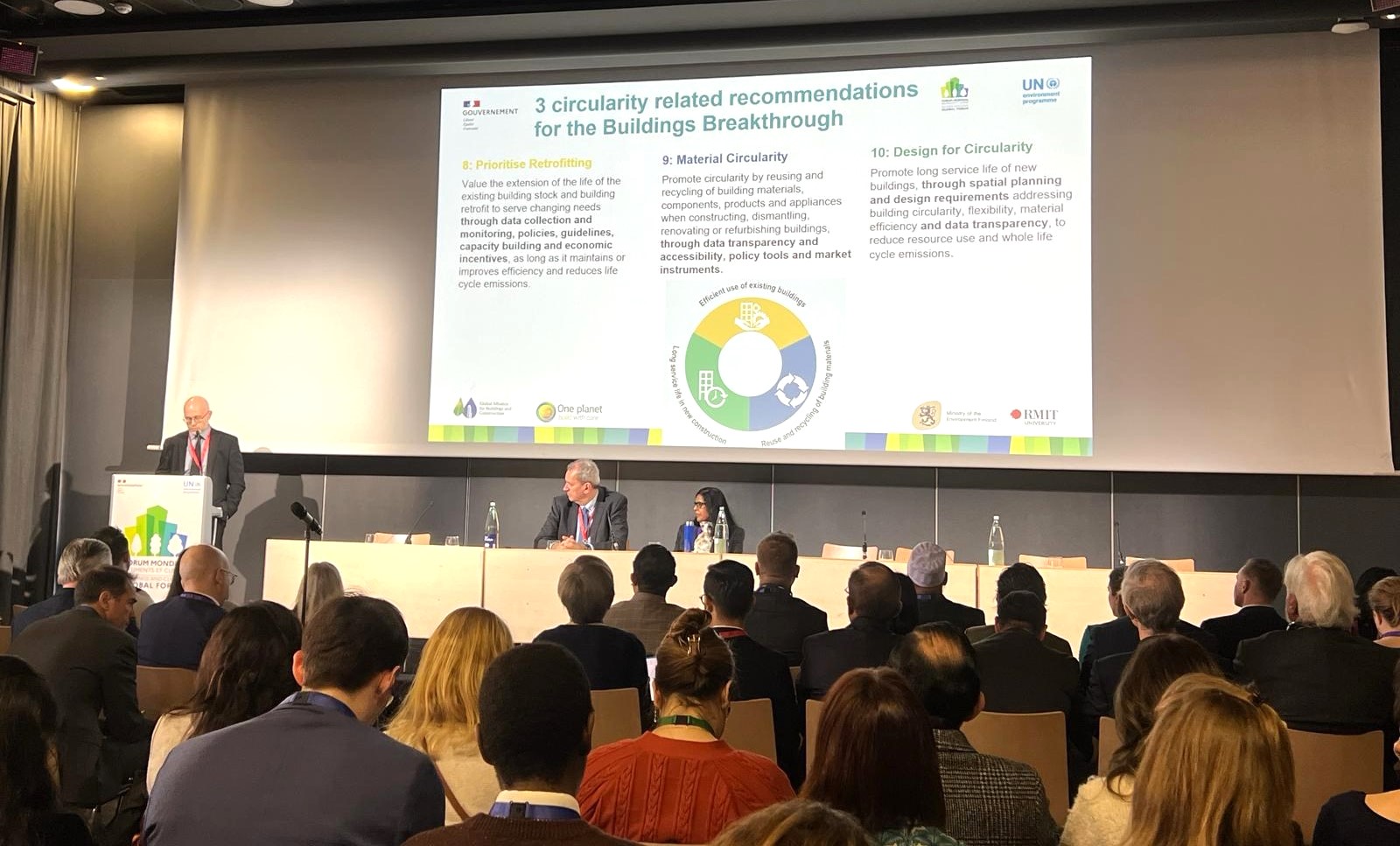IFAD - Adapting to Markets and Climate Change Project (NICADAPTA)
NICADAPTA will improve incomes and quality
of life for rural families – and reduce their
vulnerability to the impact of climate change
– by facilitating access to markets for valueadded
coffee and cocoa. It will introduce water
efficiency and crop diversification measures
such as coffee-cocoa intercropping in coffee
plantations to buffer the effects of rising
temperatures.
Raise the living standards of rural families by improving access to markets and reducing their vulnerability to climate change.
NICADAPTA will improve incomes and quality of life for rural families – and reduce their vulnerability to the impact of climate change – by facilitating access to markets for valueadded coffee and cocoa. It will introduce water efficiency and crop diversification measures such as coffee-cocoa intercropping in coffee plantations to buffer the effects of rising temperatures. The project will strengthen the availability of weather information through improved dissemination of agro-climatic information. This will be complemented by building the capacities of the relevant producer organizations and public institutions through training and the scaling up of best practices, designing policies and incentives to promote and strengthen the production and distribution of coffee and cocoa, and encouraging privatesector investment. ASAP-supported activities of NICADAPTA are integrated with the following three components: Sustainable development of coffee and cocoa productivity. Small producer organizations will be trained to access markets and improve coffee and cocoa quality and yields through better production and business management. Investments in productive infrastructure (i.e. water storage) to improve and standardize the quality of the raw material produced will also be deployed. These activities will be developed together with sustainable water management and environmental management, and the dissemination of best practices to coffee and cocoa producers in climatically sensitive landscapes. Institutional strengthening. Services to strengthen producer organizations and public institutions will be offered in multiple areas, including production and dissemination of climate-resilient technologies and agro-climatic information with an emphasis on disease control. This will be combined with policy dialogue with the Government and cooperation agencies to promote and strengthen coffee and cocoa production, brokering and facilitating private investments. Project management, planning, and monitoring and evaluation. This component focuses on strengthening capacities in project management, monitoring and evaluation, and knowledge management within MEFCCA. Expected Impacts: The project will improve the competitiveness of producers' cooperatives and their members through increased productivity and the adoption of practices that adapt to climate change and changing market conditions. This, in turn, will improve revenues and living standards for rural families. It will also decrease, by at least 10 per cent, the prevalence of child malnutrition among beneficiary families. The project is expected to achieve the following impacts: The competitiveness of cooperatives is improved by increased productivity, adoption of practices to adapt to climate change and market access. –– 25,000 hectares of land incorporate diversified agricultural practices to increase adaptation to climate change and reduce climate risks. –– 20,000 families adopt good management practices and investment decisions that improve crop adaptation to climate change. –– 20 per cent increase in average productivity of coffee and cocoa among families belonging to cooperatives or associations with investment plans in place for at least two years. –– 1,000 water points/ponds (individual or communal) constructed to counter water stress. Improved institutional environment for the development of coffee and cocoa production, and capacities of producer organizations and public institutions built up. –– 20,000 producers receive better climate services (agro-climatic and early warning information) with emphasis on pest and disease control. –– 1,000 cooperative managers will be trained in adaptation to climate change (production and post-harvest technologies). –– 100,000 beneficiaries will receive technical assistance and training in shade crop management, crop diversification and water management. Ladislao Rubio Country Programme Manager IFAD Via Paolo di Dono, 44 Rome, Italy Tel: 39 06 5459 2575 l.rubio@ifad.org Juan de Dios Mattos Regional Climate and Environment Specialist (LAC) IFAD Via Paolo di Dono, 44 Rome, Italy Tel: 39 06 5459 2547 j.mattos@ifad.org
Image

Project start date
01/01/2014
Project end date
31/12/2019

